Well, this is awkward... 😅
The page you’re looking for has disappeared (or maybe it never existed 🤔). Let’s get you back on track—try the menu or head home!


Terms & Conditions | Privacy Policy | Refund Policy
The page you’re looking for has disappeared (or maybe it never existed 🤔). Let’s get you back on track—try the menu or head home!


Terms & Conditions | Privacy Policy | Refund Policy